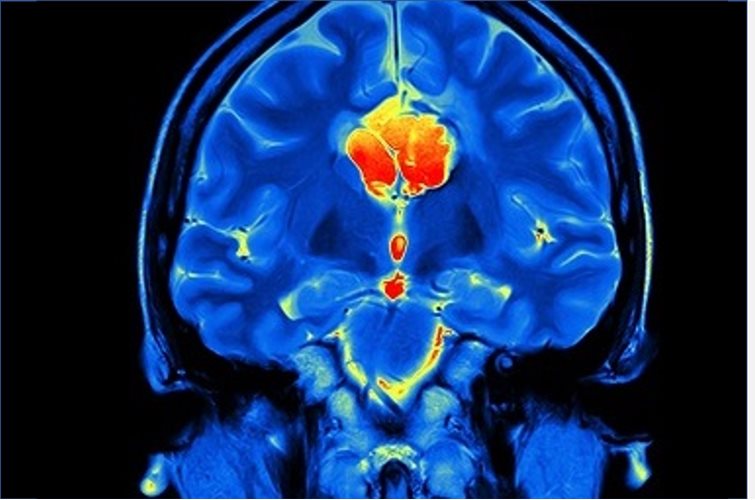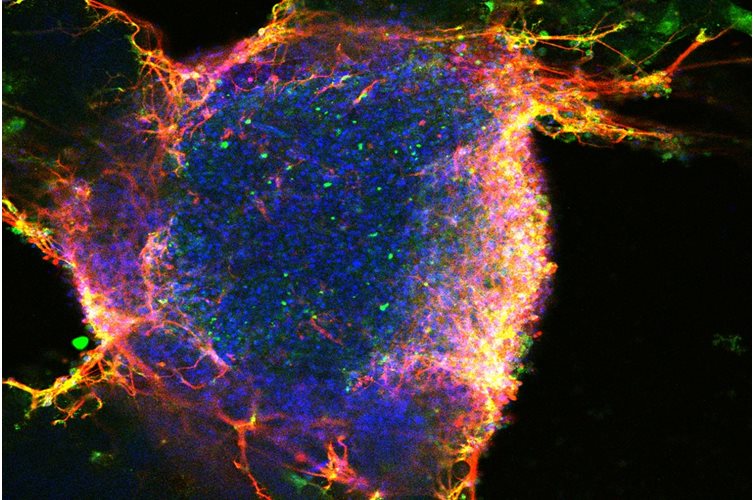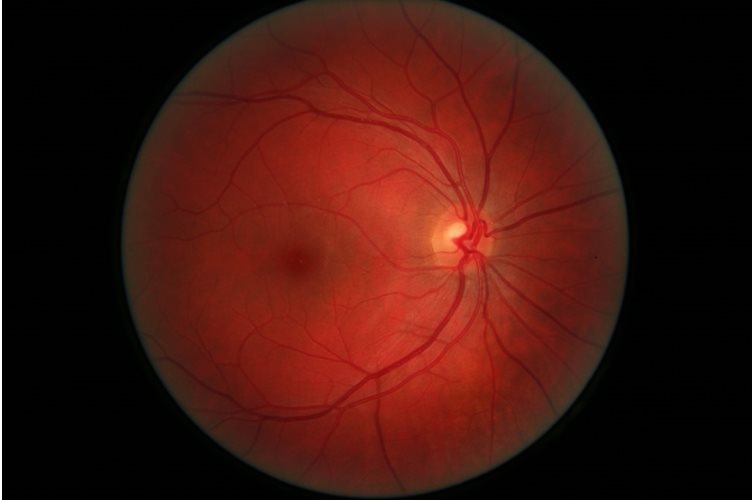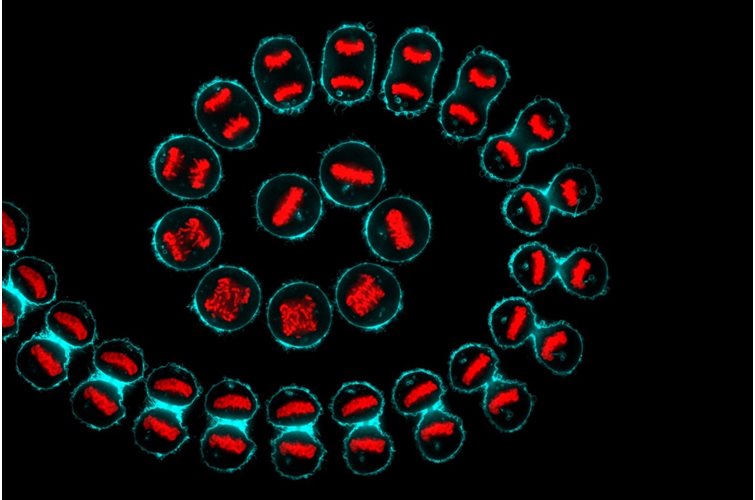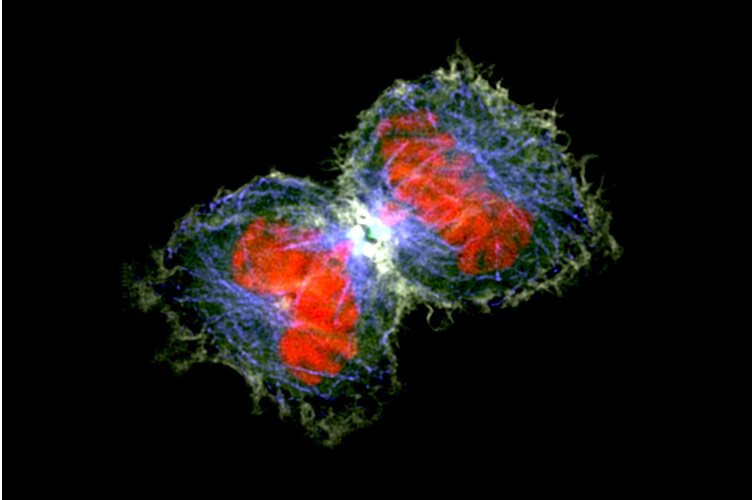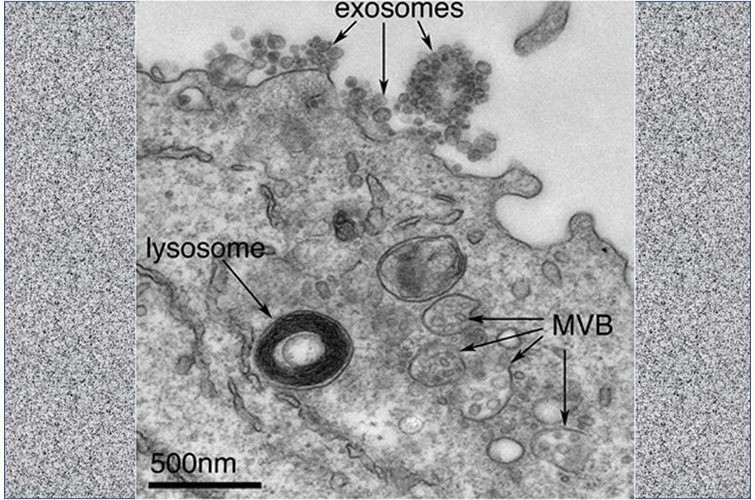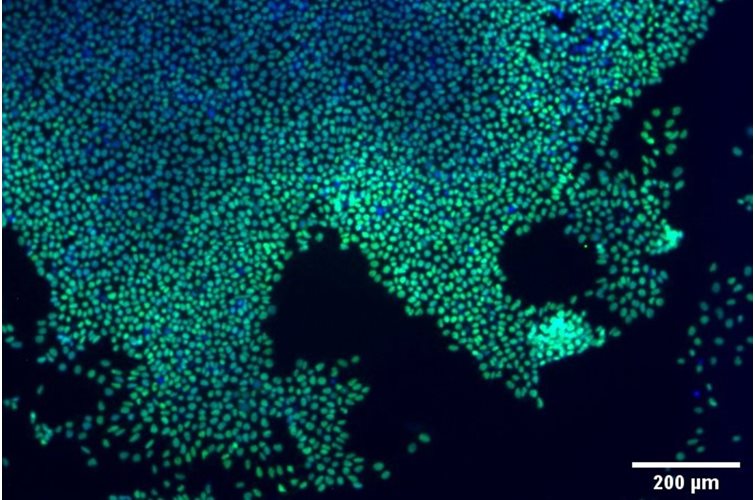Uses of microcarriers for expansion of cell culture

Microcarrier-based biomanufacturing has become well established and now represents a large market across all scales of production. Bioreactors on offer which can use microcarriers range from lab sized, with a few liters of capacity, to factory sized, at hundreds or thousands of liters.

